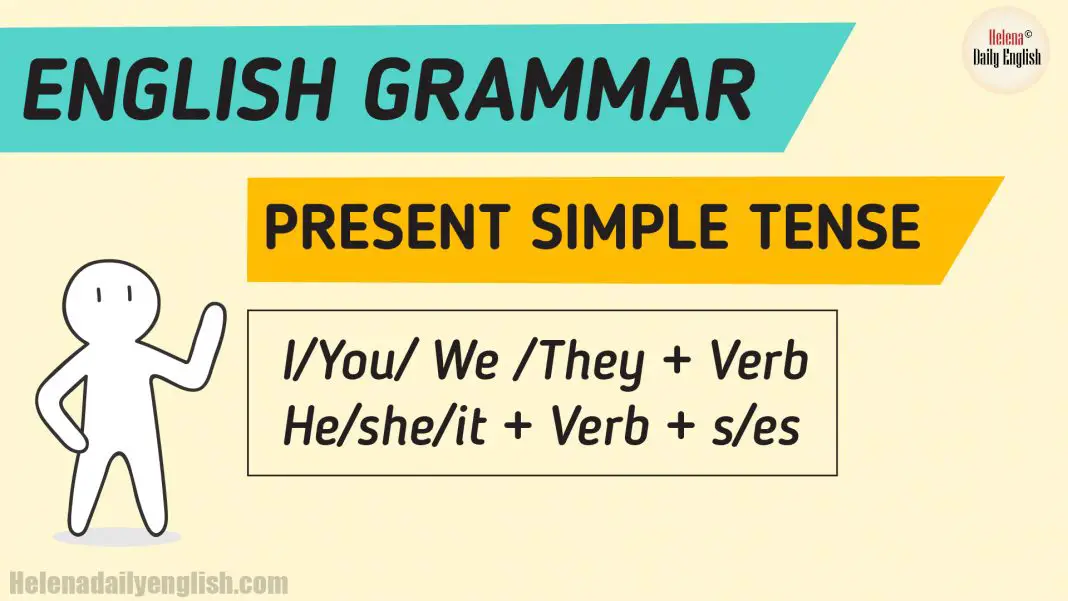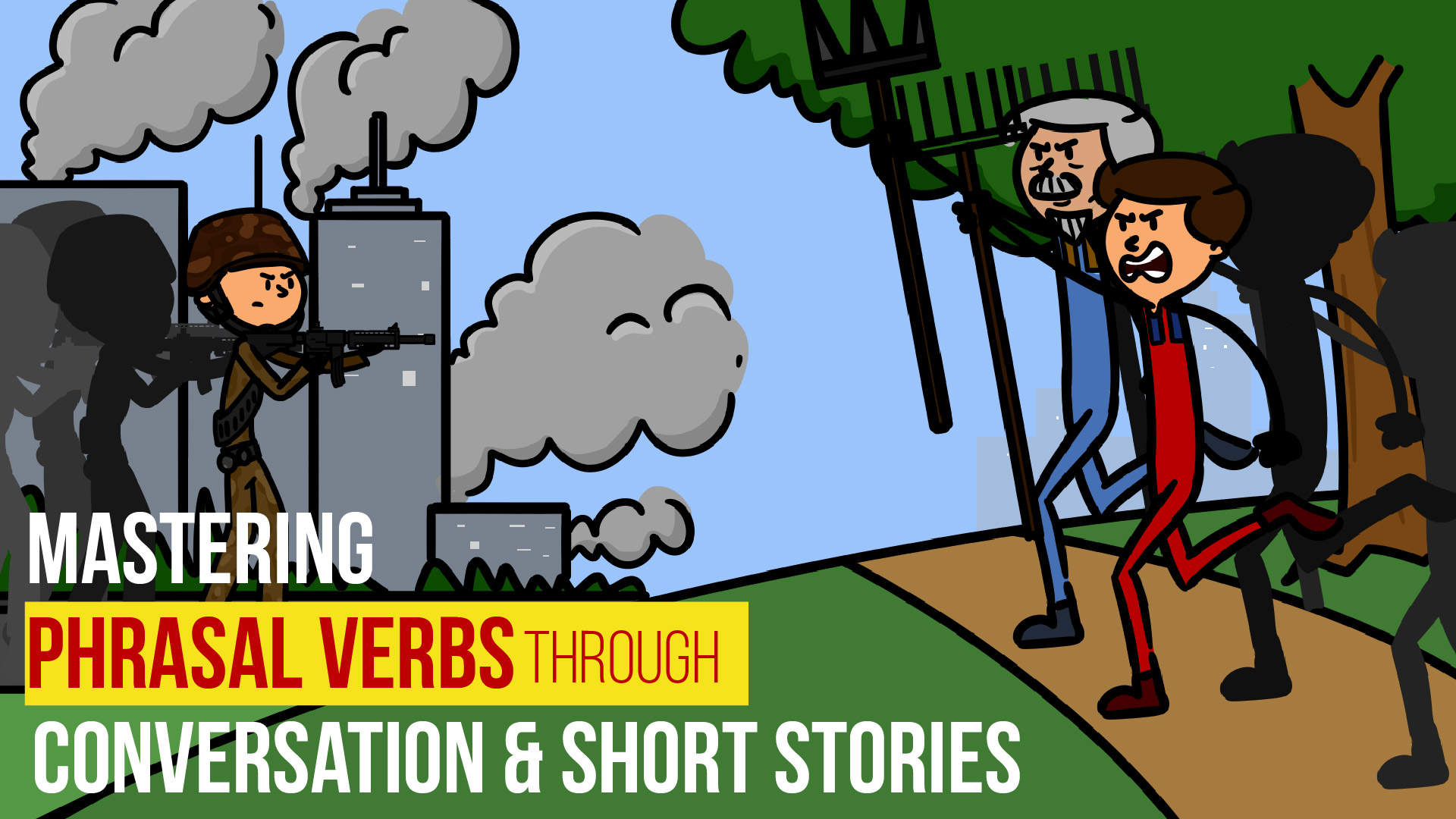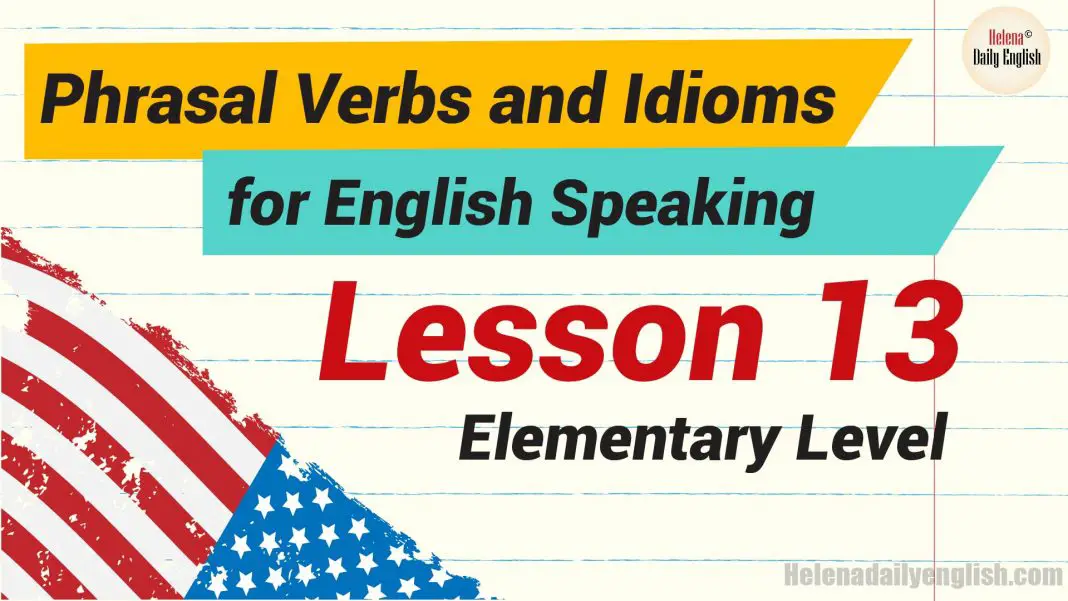I. Form
1. Affirmative (+)
I/You/ We /They + Verb
He/she/it + Verb + s/es
• Example 1: I go to bed at 11 o’clock
• Example 2: He plays football on Sunday
2. Negative (-)
I/You/ We /They + Do not + Verb
He/she/it + Does not + Verb
• Example 1: We don’t watch TV every evening
• Example 2: She doesn’t work at night
3. Interrogative (?)
Do + I/You/ We /They + Verb ?
Does + He/she/it + Verb ?
• Example 1: Do you learn English every day?
• Example 2: Does she listen to music?
II. How to use
1. For general truths and facts that are not limited to a specific time
Ex: Water boils at 100° Celsius.
2. For a repeated, habitual, or usual action
Ex: They watch television regularly.
3. For information from a book, a poem, research, or other work (this is often called the literary present)
Ex: In the play, Romeo and Juliet love each other despite their family differences.
4. For a future event (but there should be a future expression, usually an adverb or adverbial phrase)
Ex: The flight from Boston to New York departs in fifteen minutes.
5. For a future event in an adverb clause.
Ex: It is unclear what the world population will be when the United Nations celebrates its 100th birthday in 2045,
III. Signal words
Every day, sometimes, always, often, usually, seldom, never, first … then
Example: I always get up at 6.00 am
IV. Notes on the simple present, third person singular
1. In the third person singular the verb always ends in -s:
Ex: he wants, she needs, he gives, she thinks.
2. Negative and question forms use DOES (= the third person of the auxiliary ‘DO’) + the infinitive of the verb.
Ex: He wants ice cream. Does he want a strawberry? He does not want vanilla.
3. Verbs ending in -y: the third person changes the -y to -ies:
fly –> flies, cry –> cries . Ex: He tries very hard.
4. Exception: if there is a vowel before the -y:
play –> plays, pray –> prays
5. Add -es to verbs ending in:-ss, -x, -sh, -ch:
he passes, she catches, he fixes, it pushes





